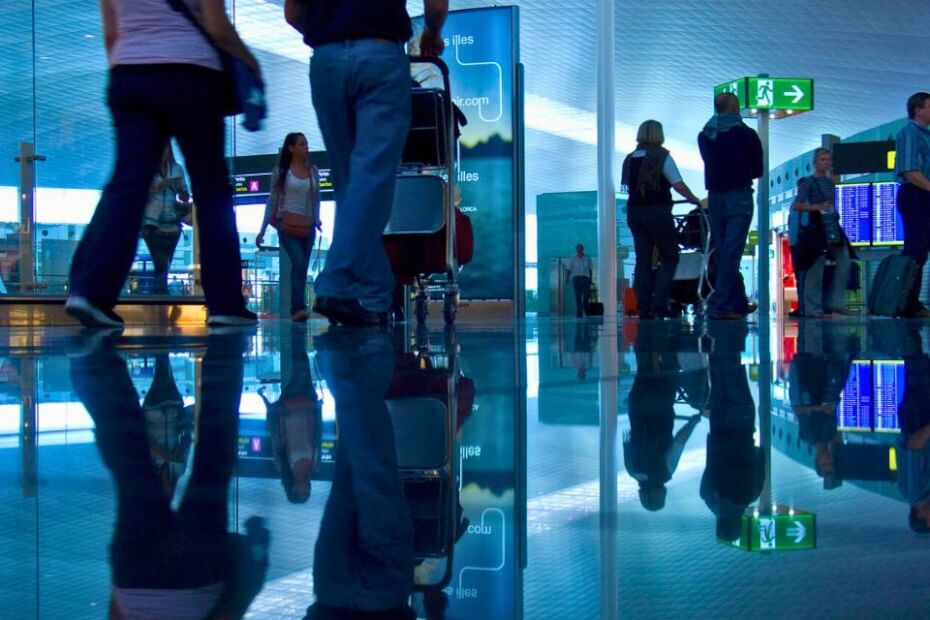
The United Kingdom (UK) government has raised the general salary threshold for international skilled workers.
Businesses in the United Kingdom now have to pay more to employ international workers.
From 4 April, the general salary threshold for skilled workers is £38,700, a 48 percent increase from the previous £26,200.
According to the government, the increase will help ensure the UK’s immigration system focuses on recruiting highly-skilled workers.
It will also help the UK economy grow while decreasing overall net migration numbers.
“It’s time to turn off the taps and end the flow of cheap workers from abroad,” said Home Office Secretary James Cleverly in a news release.
He added that “unsustainable” high migration numbers are “simply not fair” as they “undercut the wages of hard-working [British] people.”
Cleverly added, “Employers must also play their part and put British workers first.”
The salary threshold hike is part of a robust and fair package of measures announced by the Home Secretary in December 2023.
The UK’s changes in immigration policies mean 300,000 individuals who arrived in the country last year will no longer be able to do so.
Immigration Salary List threshold
Another part of the policy changes to cut net migration numbers is replacing the Shortage Occupation List (SOL) with an Immigration Salary List (ISL).
The government emphasized that no sector should be permanently reliant on immigration.
Employers will no longer be able to pay migrants less than UK workers in shortage occupations.
Jobs included in the ISL “must not serve to reduce pay and undermine the recruitment of British workers.”
Roles will only be included in the ISL if they are both skilled and in shortage and those deemed “sensible” given current efforts to invest in the resident workforce.
Following the Migration Advisory Committee (MAC) recommendation, the ISL will include 21 roles.
Only eight percent of all jobs eligible for the skilled worker employment route are included in the ISL.
Similar to the SOL, the ISL jobs will receive a 20 percent discount based on the new increased salary threshold.
Starting 4 April, employers sponsoring skilled workers must pay at least £38,700 or the job’s ‘going rate,’ whichever is higher.
This means the discounted salary threshold for general skilled worker jobs on the ISL will now be £30,960.
Health and care workers and those working jobs on the national pay scales are exempted from the new median salary requirement.
However, a standard threshold still applies for health and care workers, which will increase from £26,200 to £29,000.
This means the discounted salary threshold for health and care worker jobs on the ISL will now be £23,200.
British workforce “Back to Work Plan”
Home Office Secretary Cleverly said the government is refocusing its immigration law to prioritize “the brightest and best who have the skills our economy needs.”
This involves prioritizing UK workers and employers investing in training, upskilling, and hiring domestic workers first.
UK Work and Pensions Secretary Mel Stride believes the UK has relied on labor from abroad for far too long when there is local talent.
He stated that the salary threshold hike and welfare reforms will unlock the potential of the British workforce.
“I’m determined to give jobseekers the support they need to get on and get ahead through our £2.5 billion Back to Work Plan,” Stride said.
He added that the UK’s network of job centers provides “apprenticeships, boot camps, and skills programs to help even more people to work.”
The Back to Work Plan aims to remove obstacles to employment for over a million Britons who are long-term unemployed, long-term sick, or disabled.
Other measures to cut net migration
The UK government has also implemented several measures to cut down net migration.
From 11 March, care firms that plan to employ migrant workers must register with the Care Quality Commission. (CQC)
This change aims to help crack down and prevent worker exploitation and abuse within the sector.
The government also banned health and care workers from bringing dependents to the UK.
From January 2024, only select student visa holders can bring their families to the UK. They can switch to work visas only after they finish their course.
The MAC is also currently reviewing the Graduate visa route to check if it serves its purpose and is not abused.
Starting 11 April, the minimum income requirement for family-related visas will increase from £18,600 to £29,000.
This will be further increased to £38,700 by early 2025 to ensure that dependents brought to the UK are financially supported.
From February 2024, migrants will also pay a higher immigration health surcharge (IHS). The higher fees will significantly increase the overall cost of securing a UK visa.

